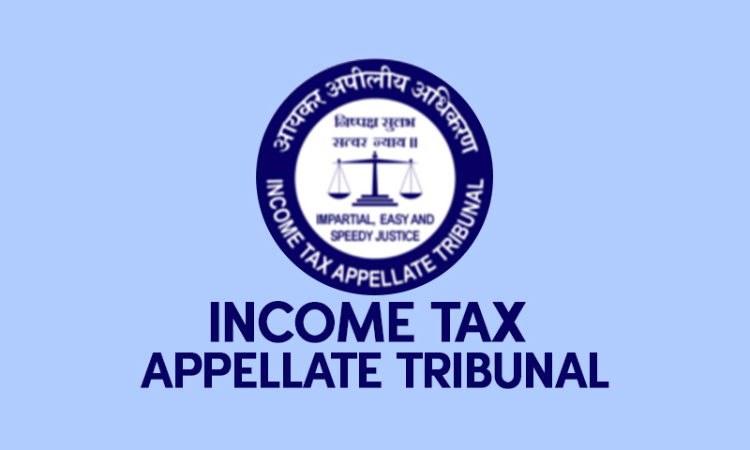VAT Not Fee/Charge; Cannot Be Disallowed As Deduction Under Section 40(a)(iib) of Income Tax Act: ITAT
Parina Katyal
20 Nov 2022 7:30 PM IST

Next Story
20 Nov 2022 7:30 PM IST
The Chennai Bench of the Income Tax Appellate Tribunal (ITAT) has ruled that payment of Value Added Tax (VAT) by Tamil Nadu State Marketing Corporation, a State Government undertaking, is not a fee or charge, or an appropriation made by the State Government, and thus, it cannot be disallowed as deduction under the provisions of Section 40(a)(iib) of the Income Tax Act, 1961. The bench...
